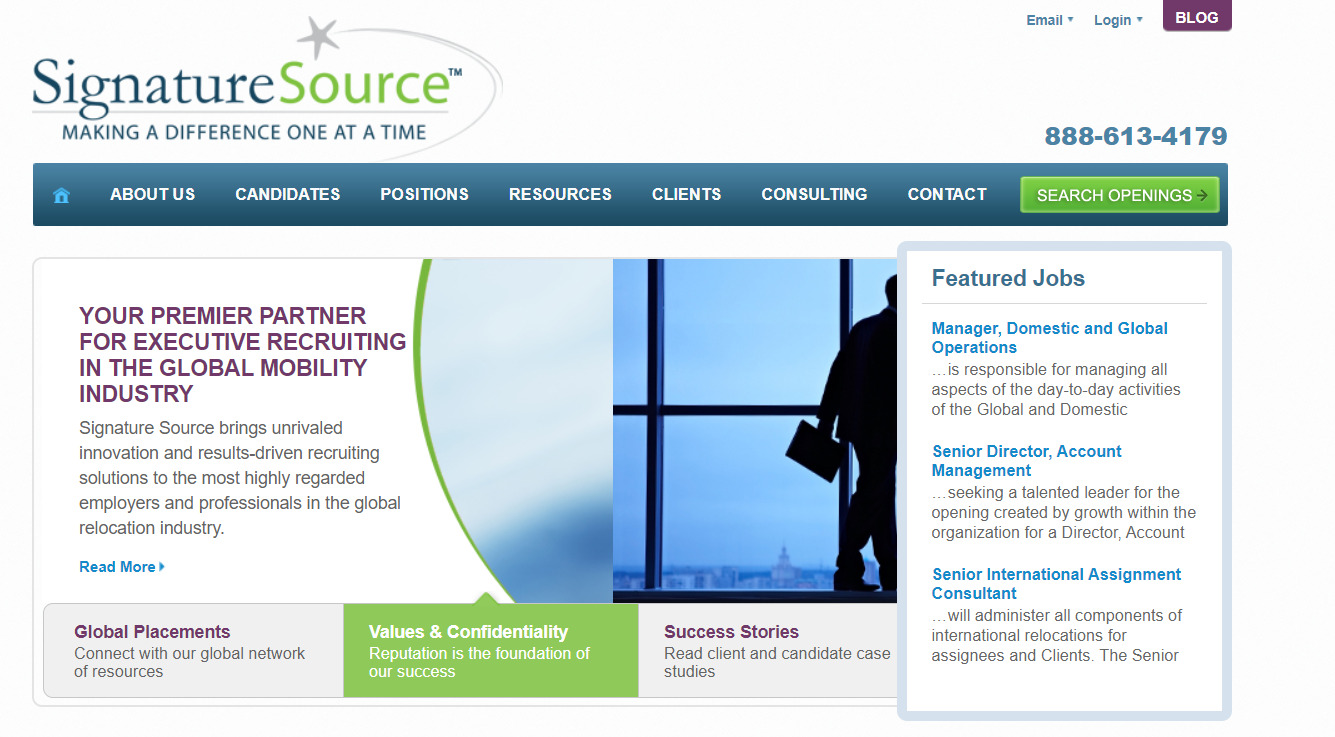Pandemic – Now and Later – Solutions from Signature Source

As employees begin to come out of the stay at home order and return to the office, what can Signature Source do for you?
Signature Source is here for you and your team members. A few of our clients are beginning to have their employees return to their physical offices in various phases while others are continuing to remain in virtual. In any of the various scenarios, we wanted to share with you that Signature Source has the ability to assist you by offering the viable solutions:
- COVID-19 Outplacement Services – Unfortunately, this pandemic has forced the hands of many leaders to make both structural and talent adjustments that go beyond the normal review of full-time headcount reviews. At Signature Source, we are able to provide outplacement services for either key positions or a group of employees affected by the organizational changes. We work with our clients to create a customized outplacement solution to ease in the transition of their employees within the Global Mobility Industry or based upon the employee’s career goal, transition to a different industry with coaching sessions, resume creation, or career repositioning and the distribution of proprietary Signature Source Career Tools.
- Contingent Workforce Solutions – Many of our clients have expressed concern about furloughed employees not returning to the organization. There are many reasons for this, but the workflow and needs of the customers still must be met. Signature Source has candidates that are willing to work for a month or longer as independent contractors to help with special projects and/or to assist in numerous ways based on the candidate’s experience in the industry.
- Compensation Consulting Solutions – With an applicant database of over 15,000 relocation professionals around the globe, we can help you evaluate the competitiveness of your compensation in a specific geographic area as well as the functional strategy and planning for adding talent.
- Confidential Succession Planning – The pandemic has us looking at so many deliverables in our business differently, including planning for leadership that may retire or identifying new talent at the leadership level due to a restructuring of the company. Signature Source can confidentially and respectfully assist you in your succession planning process.
If you would like to learn more about our expanded resources and solutions, please contact us at 727.906.9963 or contactus@signature-source.com.














